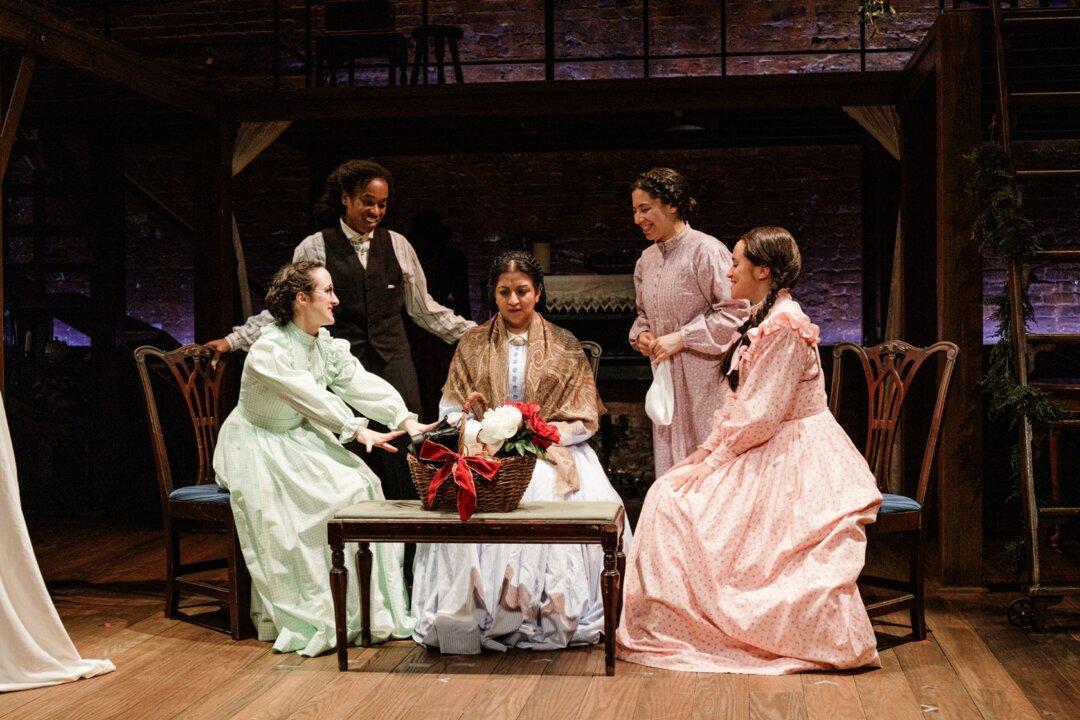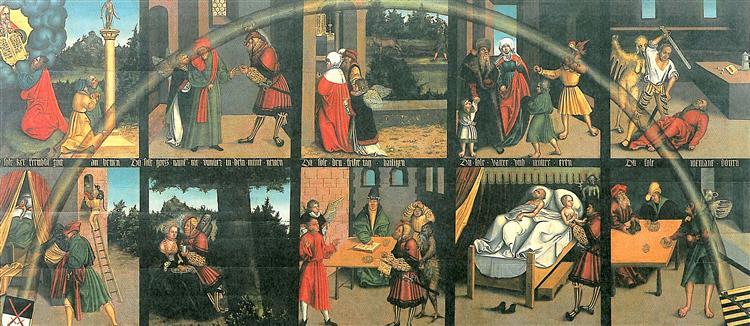NEW YORK—A production by Primary Stages now at the Cherry Lane Theatre is perfect for an audience needing introduction to the notion that individuals who are evolving spiritually will overcome personal differences and forsake their egos for the sake of family unity.
“Little Women,” by Louisa May Alcott, is a semi-autobiographical novel about four sisters growing up in Massachusetts during the Civil War era.






